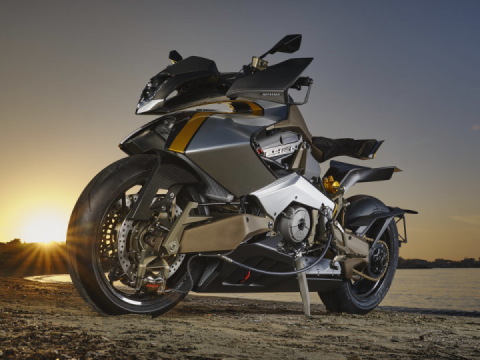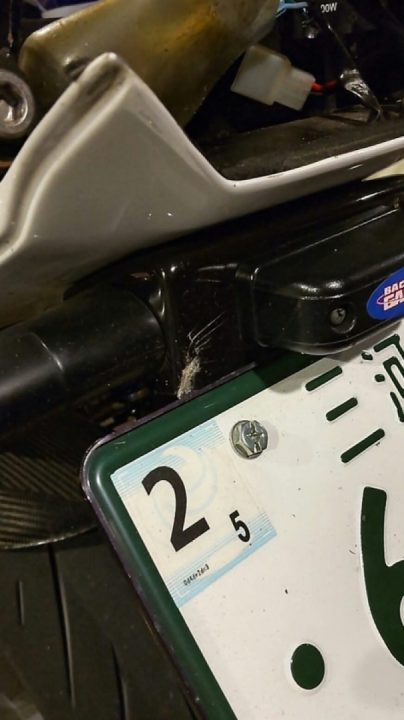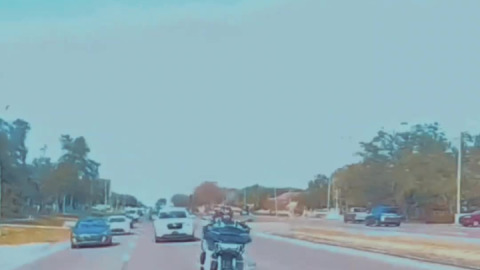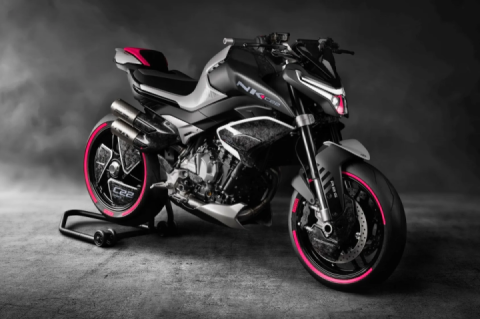A multi-year program, much of which was conducted through the midst of the COVID-19 shutdowns, has resulted in a major EU push towards a digital ID system coming online in 2024. The so-called European Digital Identity Wallet will include span many aspects of EU citizens’ lives: their banking, their education, and even their national ID (which should double as passport in the EU) and driving license.
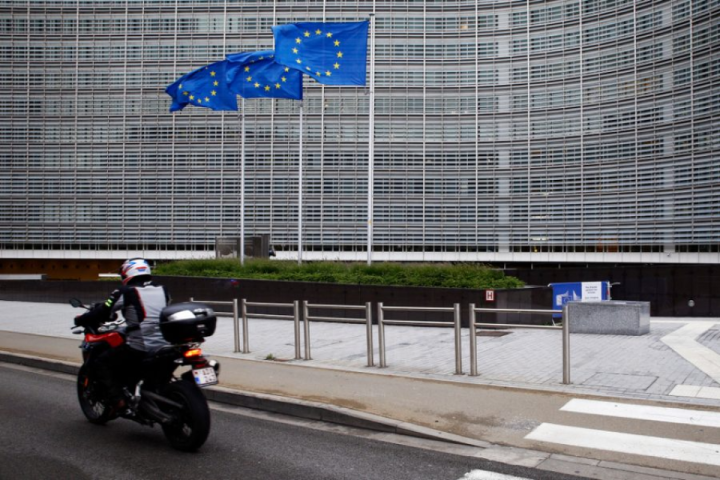
It’s surprisingly hard to sort through the government bafflegab on this plan; the information is out there and available, but a lot of it comes through third-party companies attached to the project (some basic details at the EU government website here). Under the plan, several parties are already working on four pilot projects which come online in May of 2023. Multiple public-private consortia are involved; the pilot projects will see multiple EU countries’ citizens able to access a digital ID that allows the user to interact with government and private businesses through their phone. If you’re opening a bank account, you can do it with your phone; if you’re crossing an EU border, your documentation is on your phone; if you’re pulled over for speeding, your driving license is on your phone.
The EU seems quite keen to make this all publicly available in 2024 after this year’s pilot projects are done; all EU states are constrained by the group’s eIDAS 2 regulation, which requires any member country to offer a digital ID wallet to its citizens by next year. It does not appear that this system will be mandatory for citizens at this point.

This news should come as no surprise. Currently, 14 of 27 EU member states have digital ID programs that will be merged into a single system as part of the 2024 plan. The EU has already had a standardized driving license available for all member states since 2013. The new digital ID will build on that program; theoretically, if you’ve been zipping along at antisocial speeds in Austria, the Dutch or the Danes can easily find out, and so on. And with an ever-increasing number of traffic cameras around the world (tracking your exhaust noise, distracted driving, crossing town without government approval and probably other infractions in the near future, as well as your speed), there may soon be nowhere to hide from Johnny Law.
Perhaps there may be some benefit to motorcyclists, as fewer phone-users means safer roads. In some areas, it seems the so-called “15 minute cities” may actually mean less traffic for bikes to contend with, as scooters and motorcycles may be exempt. But make no mistake: With the rapid advances in government control, the look of transportation will be change drastically over the next decade. We’re only 12 years away from 2035, the date that most countries seem to arbitrarily be selecting as the cut-off for internal combustion engine sales. And even in the early days of increased government control, leaders and their enforcement officers have made it very clear that they’re not happy with pushback from motorists. For instance: in some EU countries, traffic apps alerting users to traffic cam presence are banned, despite those apps actually having the desired effect of slowing down traffic.
Or maybe most motorists are going to simply be happy with the ease-of-use of their new digital ID? The parties involved with the project are telling us that, but—what about you? Would you welcome centrally digitalized passports, licenses and banking? Do you already have experience with such systems? Or do you think our government already controls our lives too much? How will this affect your motorcycling plans, if you live in the EU?
Credit: Advrider
#Bike #Moto #Motorcycle























